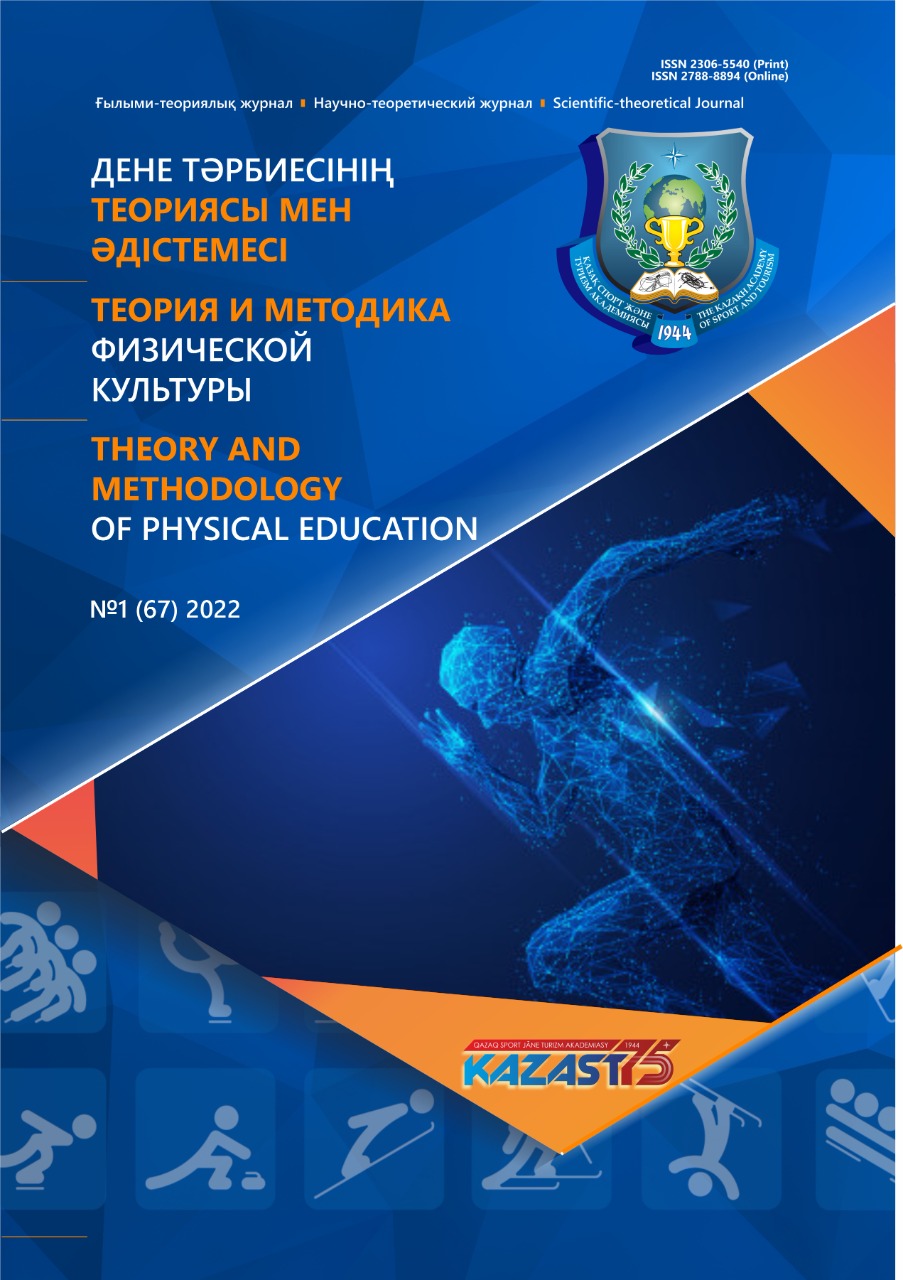Ecological and ethno-cultural component in the production of specialists in active tourism
DOI:
https://doi.org/10.48114/2306-5540_2022_1_37Keywords:
tourism, active types of tourism, education, educational program, ecological and ethnographic componentAbstract
In this article, the authors present the results of research work in the field of organizing the educational process for training specialists in active types of tourism. In the course of their professional activity on the development, organization and updating of educational programs, as well as practical teaching activities, the authors analyzed the classical foundations of the organization of educational programs in the direction of "Tourism", formed the principles of development and innovative, promising directions in their development. Traditional approaches to training professionals in active types of tourism are being modernized and improved today depending on the demands of the tourism industry, consisting in the needs of specialists with a wide range of professional competencies, as well as innovative and integrated tourism products. The article presents an analysis of key competencies for specialists in active types of tourism, additional competencies are identified, the development of which will have a positive effect on the demand for trained personnel. Thus, an ecological and ethno-cultural component has been formed experimentally, as one of the integral and most significant for the modern approach to the formation of tourist routes for active types of tourism, which is a combination of key disciplines that allow systematically mastering competencies in the field of ecological thinking, sustainable development, natural and historical and cultural heritage, tangible and intangible monuments, as well as their preservation, promotion and popularization for the development of domestic and inbound tourism of the Republic of Kazakhstan


